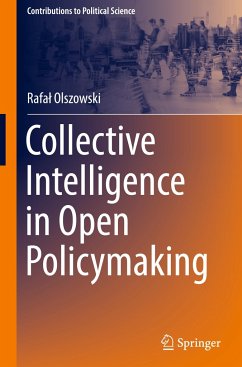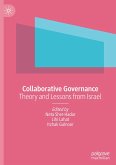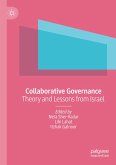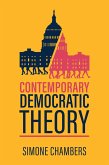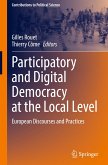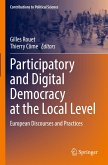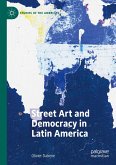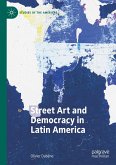This book examines the nexus of collective intelligence (CI), a feature of online projects in which various types of communities solve problems intelligently, and open policymaking, as a trend of large groups of people shaping public policies.
While doing so, it presents the current state of theoretical knowledge for these concepts, many practical examples of successful and unsuccessful projects, as well as additional research and laboratory experiments. The book develops an analytical framework based on qualitative research, which is applied to the analysis of different projects in selected case studies, such as Decide Madrid; Better Reykjavik; Loomio; Deliberatorium; Civic Budget of the City of Kraków.
The book is structured into four chapters, addressing essential questions in the field: (1) Opening Policymaking; (2) Beyond the Individual: Understanding the Evolution of Collective Intelligence; (3) A Review of the Projects Using Collective Intelligence in Policymaking; (4) Online Public Debate. How Can We Make it More Intelligent?
The book will appeal to students, scholars, and researchers of political science, public policy, and public administration, as well as policymakers interested in a better understanding of collective intelligence and open policymaking.
While doing so, it presents the current state of theoretical knowledge for these concepts, many practical examples of successful and unsuccessful projects, as well as additional research and laboratory experiments. The book develops an analytical framework based on qualitative research, which is applied to the analysis of different projects in selected case studies, such as Decide Madrid; Better Reykjavik; Loomio; Deliberatorium; Civic Budget of the City of Kraków.
The book is structured into four chapters, addressing essential questions in the field: (1) Opening Policymaking; (2) Beyond the Individual: Understanding the Evolution of Collective Intelligence; (3) A Review of the Projects Using Collective Intelligence in Policymaking; (4) Online Public Debate. How Can We Make it More Intelligent?
The book will appeal to students, scholars, and researchers of political science, public policy, and public administration, as well as policymakers interested in a better understanding of collective intelligence and open policymaking.

